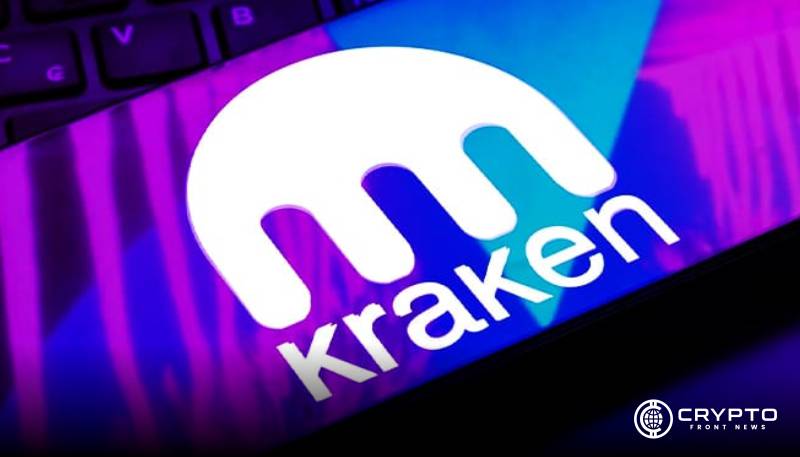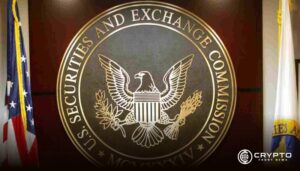- Judge Orrick ruled Kraken’s transactions might be securities, reinforcing SEC’s push to regulate cryptocurrency exchanges.
- The SEC argues Kraken’s platform facilitated unregistered securities trading, including Cardano, Cosmos, and Filecoin.
- Kraken’s legal team stresses the need for comprehensive crypto laws instead of regulation solely through enforcement.
William H. Orrick, a federal judge in the United States, dismissed Kraken’s motion to throw out a lawsuit brought by the Securities and Exchange Commission (SEC). U.S. District Judge William H. Orrick ruled that the SEC reasonably claimed that some cryptocurrency transactions facilitated by Kraken constituted investment contracts, making them subject to securities laws.
Judge Orrick’s Decision and SEC’s Allegations
Judge Orrick stated that the SEC plausibly alleged that certain transactions on Kraken’s platform were indeed investment contracts. These contracts, under U.S. securities laws, qualify as securities.
The SEC’s case against Kraken, filed in November 2023, focuses on the exchange operating as an unregistered securities exchange, broker-dealer, and clearing agency. Additionally, the SEC claims that Kraken mishandled customer assets and information, further complicating the case for the crypto exchange.
Kraken, a prominent U.S. cryptocurrency exchange, reportedly earned over $43 million between 2020 and 2021 from its trading desk operations. The SEC argues that Kraken’s business practices, such as limited restrictions on trading and charging fees, contributed to its regulatory violations. Importantly, the SEC points to specific tokens traded on Kraken’s platform, including Cardano’s (ADA), Cosmos’s (ATOM), and Filecoin’s (FIL), as unregistered securities.
The Howey Test and the Broader Crypto Regulatory Push
Judge Orrick’s decision also reflects on the broader context of the SEC’s approach to cryptocurrency regulation. The ruling leans on the Howey test, a standard set by the U.S. Supreme Court in 1946, which defines investment contracts and, thus, securities.
Although cryptocurrency is a novel financial instrument, the court highlighted that the principles guiding the SEC’s regulation remain rooted in long-established legal precedent. This reasoning has become a cornerstone for the SEC’s efforts to regulate the industry.
Kraken’s Response and Ongoing Legal Developments
In response to the lawsuit, Kraken argued that the SEC had overstepped its regulatory authority, stating that not all speculative investments should fall under the agency’s jurisdiction.
However, Judge Orrick noted that other major exchanges, including Binance and Coinbase, also failed to dismiss similar lawsuits. Kraken must now respond to the SEC’s complaint within 20 days, with a trial date expected to be proposed by mid-October.
Kraken’s Chief Legal Officer, Marco Santori, voiced his concerns on social media, arguing that the SEC cannot effectively regulate the crypto industry through enforcement alone. He emphasized the need for Congress to pass clear, comprehensive legislation that would provide more clarity and protect consumers in the evolving crypto market.





